What is the effect of water quality on coffee? How to choose the water purifier?
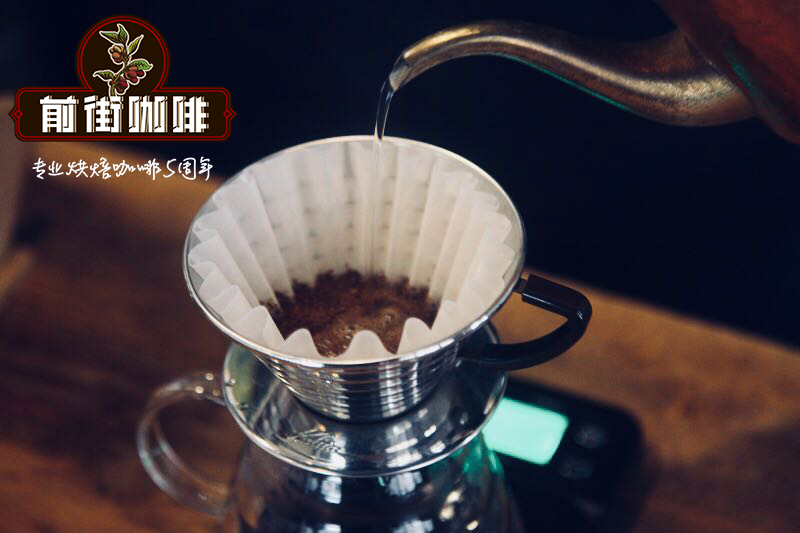
Professional coffee knowledge exchange more coffee bean information please follow the coffee workshop (Wechat official account cafe_style)
For coffee, in addition to the coffee bean itself, water quality is also very important.
As we all know, 99% of a cup of coffee is water. the effect of water on the taste of coffee can be imagined, and I divide the effect of water quality on coffee into three main categories:
1. The pH of water (PH value)
2. Soluble substances in water (TDS)
3. Softness and hardness of water (content of calcium and magnesium ions in water)
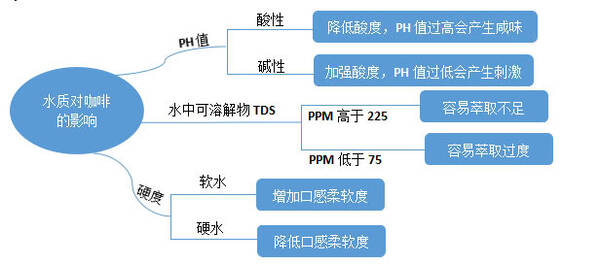
1. Ph value
When the water is at 25 ℃, a PH value of 7 means neutral, a PH value greater than 7 indicates a stronger alkalinity, and a PH value less than 7 indicates a stronger acidity.
The stronger the alkalinity is, the stronger the ability to counteract acid is; the stronger the acidity is, the stronger the ability to be counteracted by alkalinity is. However, tap water in China is generally weakly alkaline.
Coffee is a weakly acidic drink with a PH value of 5-6. If you use water with a PH value above 6 to brew coffee, it will increase the PH value and reduce the acidity of coffee. The higher the PH value, the stronger the effect of reducing sour taste.
So sometimes when we use mineral water with higher PH value to make coffee, at the same time, the sodium ion in the water is higher, it is easy to produce too salty taste.
Therefore, the higher the PH value of water is used to brew coffee, it does not mean that the coffee tastes better.
People who do not like the strong sour taste will think that brewing coffee with higher PH value will soften the taste of coffee, while those who are more receptive to sour taste will think that using higher PH value water will easily make coffee lose its original flavor.
As for the effluent of the water purifier, due to the different filtration accuracy of RO membrane and ultrafiltration membrane, its relative PH value will be different in order to brew different flavors of coffee. The choice of PH value of water is only a way to adjust the pH of coffee.
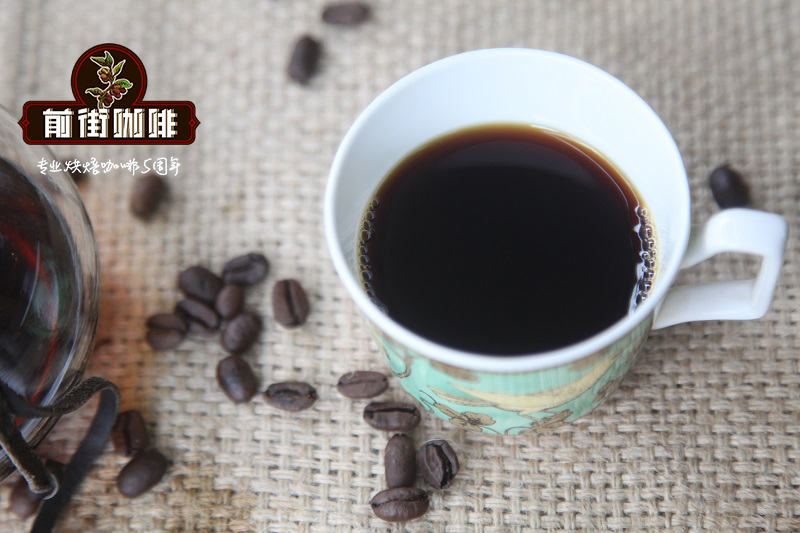
2 、 TDS
The TDS value, which translates into Chinese as total soluble solids, is measured in grams per ton. It indicates that one ton of water contains the gram weight of soluble solids.
And 1 ton of water contains 1 gram of soluble solid matter, that is, 1 part per million, the percentage of weight, abbreviated as ppm,ppm, is generally used as a unit of measurement of TDS.
To put it simply, the higher the ppm value, the more soluble matter in the water, so the lower the extraction rate of coffee will be; while the lower the ppm value, the less soluble matter in the water, so the higher the extraction rate of coffee.
According to the study of SCAA (American Fine Coffee Association), the ppm value of water is between 125and 175. it is the most ideal to extract coffee, and it is easy to reach an ideal value of concentration and extraction rate. However, when the ppm value is less than 75, it is more likely to be over-extracted, while when the ppm value is higher than 225, it is more likely to be underextracted.
Attach a sheet of the effect of different ppm values on gold cup extraction, the horizontal axis is the extraction rate, and the vertical axis is the coffee TDS concentration. We can clearly see the effect of different ppm values on the extraction rate of water and coffee.
Because of the large latitude and longitude in China, the water quality of each city varies greatly, especially between the north and the south.
Tap water in the north is often 300-500ppm, while tap water in Xiamen is usually between 60-80.
Therefore, if the same coffee bean uses the same extraction method in different areas, it may have different flavors.
Even the water quality of the same city will be different, mainly divided into old urban areas and new urban areas.
Old iron pipes are used to transport water sources in the old urban area, and the aging of water pipes will increase the content of iron oxides in the water.
Therefore, the water quality in the old city is generally not as clean as that in the new city.
Different water may have the same ppm value, but the composition of soluble solids may not be the same, so it will have some effect on flavor, and the problem may come back to the mineral itself.
Because there are many metal cations and anions in the water, the common salty taste is mainly sodium ions.
According to the periodic table, alkaline ions similar to it can pass through ion channels and produce a salty taste, such as lithium or potassium ions, but the higher the cycle, the less salty and slightly bitter it is.
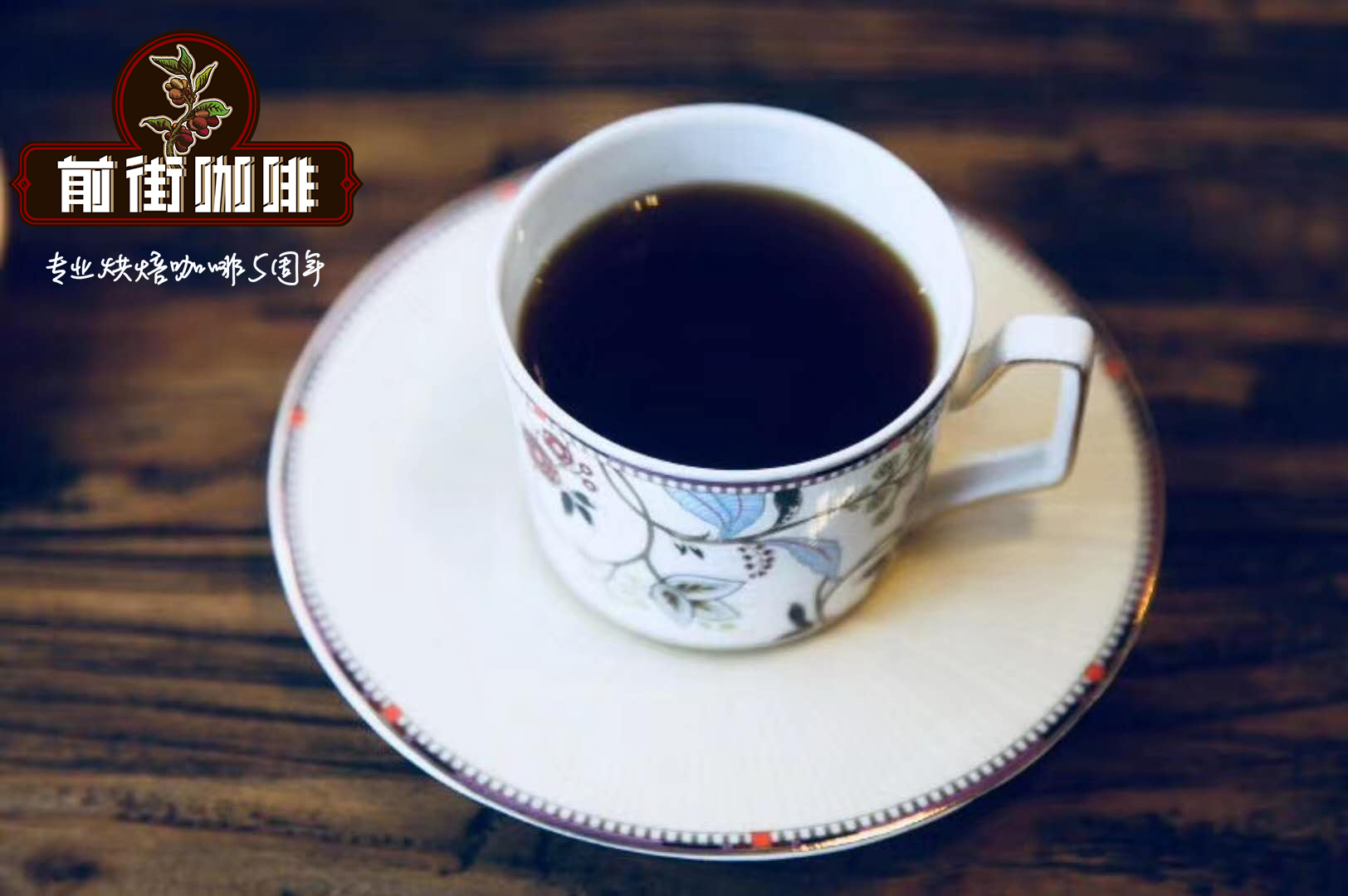
3. Softness and hardness of water quality
Soft water (soft water) refers to water that contains no or less soluble calcium and magnesium compounds, while hard water is the opposite. The softened hard water refers to the softened water obtained when the content of calcium salt and magnesium salt is reduced to 1.0-50 mg / L.
Although the hard water can be softened temporarily by boiling, boiling water is not used to extract coffee.
Generally speaking, the hardness of water is related to the ppm value of water. the content of calcium and magnesium ion is relatively high in water with high ppm value, and relatively low in water with low ppm value.
However, when different water has the same ppm value, the composition of soluble solids in water may be different. In other words, the content of calcium and magnesium ions will be relatively different, at this time there will be the same ppm value of water, but the softness and hardness are different.
In daily life, we often see scale formation on the inner wall of the kettle after using for a long time, because the water we use contains a lot of inorganic salts, such as calcium and magnesium salts.
These salts are invisible to the naked eye in water at room temperature. once they are heated and boiled, many calcium and magnesium salts precipitate in the form of carbonate, which form scale close to the pot wall.
The effect of soft water and hard water on coffee is self-evident. Drinking soft water and hard water alone has a great difference in taste, not to mention the effect of water quality on the flavor of coffee.
Soft water tastes softer, so the coffee brewed is also round and soft, but its sweetness is often not as high as that made by hard water. when there is an appropriate amount of calcium in the water, it will enhance the sweetness of coffee to a certain extent. however, if the calcium content is too high, the taste will not be soft and the touch will not be good.
Not only in the difference between touch and sweetness, soft water will make the flavor of coffee less clear than hard water, because when extracting coffee, if there is a certain amount of calcium ions and carbides, the flavor can be cleverly balanced by these minerals. produced at the right amount of coffee powder, scale and temperature.
Therefore, not only soft water can produce a better taste, the corresponding soft and hard moderate water quality may be a better water for coffee extraction.
In daily life, choose and buy a water purifier equipment, you can get different degrees of soft and hard water, such as Hanston RO75G-1508 intelligent water purifier, pure water to meet different needs, at the same time, TDS value online display, make good coffee, no more.
Important Notice :
前街咖啡 FrontStreet Coffee has moved to new addredd:
FrontStreet Coffee Address: 315,Donghua East Road,GuangZhou
Tel:020 38364473
- Prev
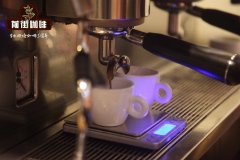
How to distinguish the meaning of Espresso and Ristretto espresso Test espresso double
Professional coffee knowledge exchange more coffee bean information please follow the coffee workshop (Wechat official account cafe_style). It is well known that Espresso is the base of many espresso and the soul of the espresso family. No matter which kind of beans, deep culture or shallow culture, can be used as Espresso. However, I believe many coffee lovers will notice that Espress
- Next

What is the effect of the thickness of hand-brewed coffee powder on coffee extraction?
Professional coffee knowledge exchange more coffee bean information please follow the coffee workshop (Wechat official account cafe_style) generally speaking, the way coffee is brewed is to determine the size of the coffee powder grinding particles, when you use the machine brewing time is shorter, the coffee powder must expand the surface area to come into contact with water, then the more fine particles needed; conversely, brewing time pull
Related
- Beginners will see the "Coffee pull flower" guide!
- What is the difference between ice blog purified milk and ordinary milk coffee?
- Why is the Philippines the largest producer of crops in Liberia?
- For coffee extraction, should the fine powder be retained?
- How does extracted espresso fill pressed powder? How much strength does it take to press the powder?
- How to make jasmine cold extract coffee? Is the jasmine + latte good?
- Will this little toy really make the coffee taste better? How does Lily Drip affect coffee extraction?
- Will the action of slapping the filter cup also affect coffee extraction?
- What's the difference between powder-to-water ratio and powder-to-liquid ratio?
- What is the Ethiopian local species? What does it have to do with Heirloom native species?

